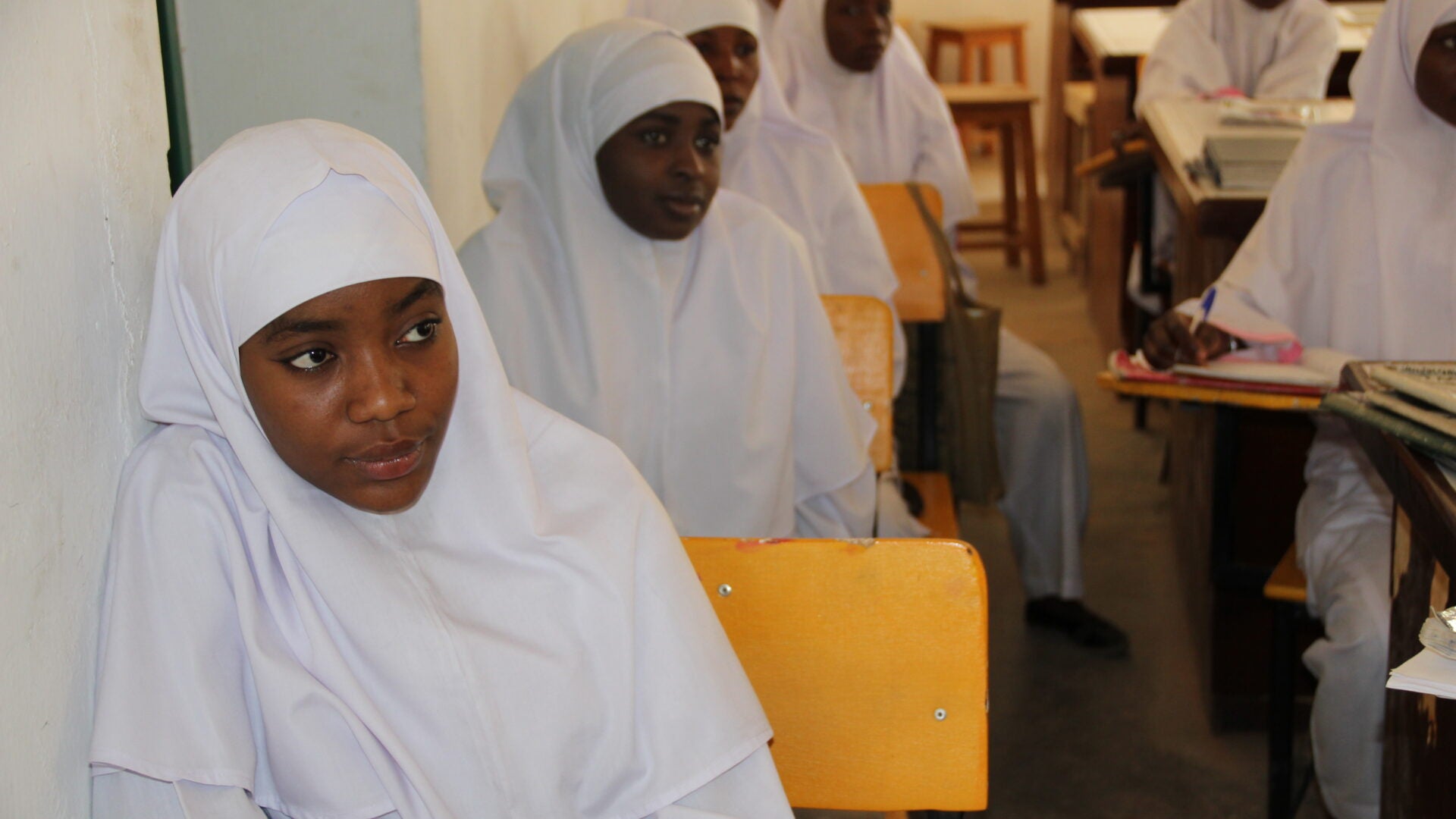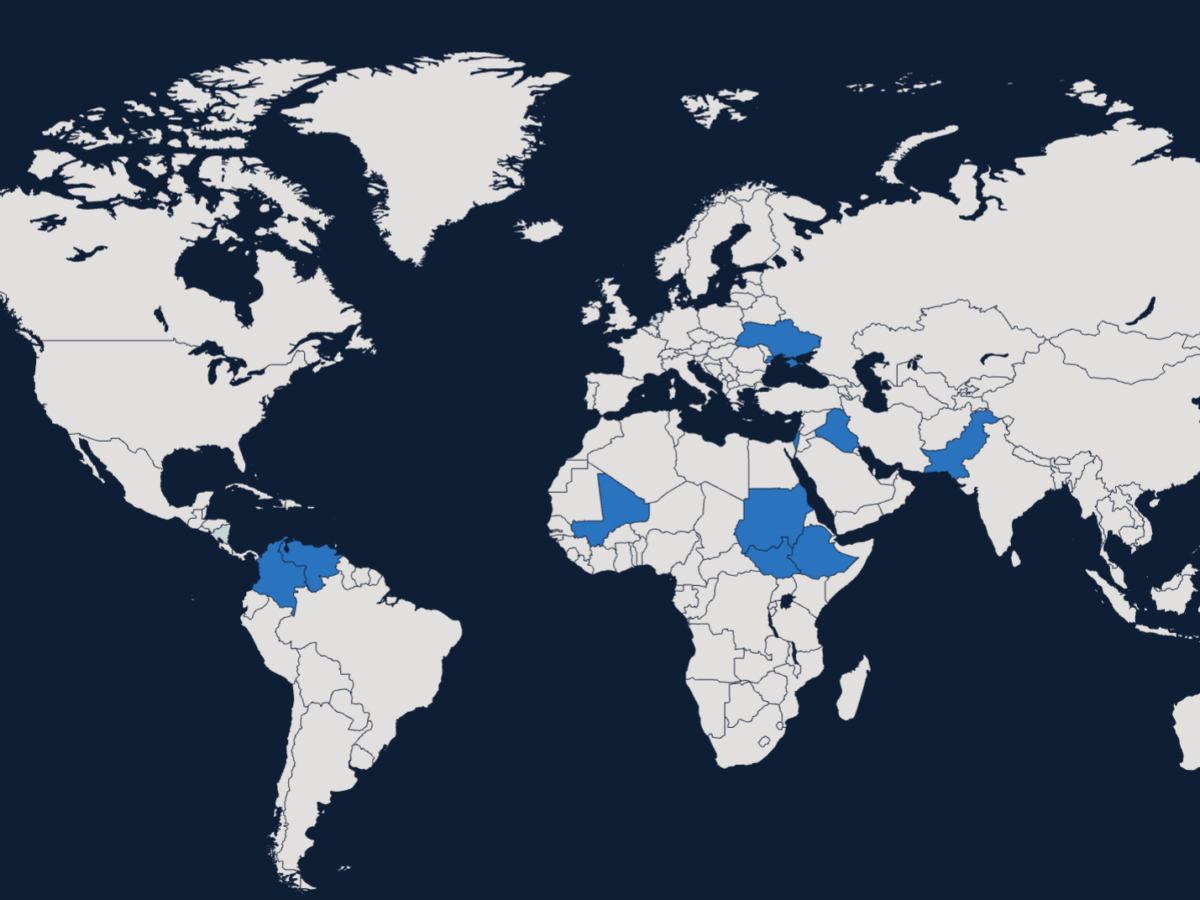Private Sector Landscape Analysis of Nigeria

Women and girls in Nigeria face enormous challenges to achieving full participation in their society. A highly conservative, patriarchal culture exists in much of Nigeria, where many women believe their place is solely in the home. Sons are typically valued above daughters, and many married women feel they have failed and are more vulnerable if they have not produced a son. In Nigeria’s North, the practice of child marriage is prevalent, girls’ potential for educational and economic advancement is often restricted, and maternal mortality, pregnancy complications, and domestic violence are not uncommon. The practice of Purdah, which is also common in the North, can limit women’s ability to continue their education, work, or even socialize outside of the home, and oftentimes restricts their ability to seek medical attention. Additionally, women’s economic participation is often inhibited by lack of land ownership and difficulty accessing capital for starting and growing entrepreneurial ventures.
There are many programs on the ground that work to address the issues faced by women and girls. Numerous multinational corporations, Nigerian businesses, NGOs, government agencies, and international organizations are sponsoring such initiatives. They are aware of the plethora of studies and data that show that investing in women and girls benefits families, communities, and societies. For example, “when 10% more girls go to school, a country’s GDP increases on average by 3%.”
As the largest economy in Africa, Nigeria continues to experience robust growth in non-oil sectors such as services, industry (other than oil), and agriculture. Yet even in the face of this economic growth, there is still much to be done. As the World Bank writes, “Despite a strong economic track record, poverty is significant, and reducing it will require strong non-oil growth and a focus on human development.” Several multinational corporations are active in Nigeria, and, in addition to their primary business, they have prioritized improving human development in the country. For the corporations that operate in Nigeria, investing in the health, education, and business training of their local communities, particularly for women and girls, not only benefits the people targeted directly by these initiatives, but also benefits the businesses themselves – it produces a healthier and more educated workforce, creates richer economies, develops infrastructure, and enhances security. The specific programs and efforts of eight of these corporations are the focus of this report.
Fagbola, P., Powell, S., Wyzanski, T., Jamili, M., Safir, A., Correia, T., D’Amico, M. (2015). Private Sector Landscape Analysis of Nigeria: Empowering Women and Girls Through Partnership. Accenture and Georgetown University Women’s Leadership Institute, Georgetown University, Washington, DC Retrieved from: https://giwps.georgetown.edu/resource/private-sector-nigeria/
Explore More

Conflicts and Trends to Watch in 2026

Women, Peace, and Security Shadow Report to Congress: What Was Built, What…
